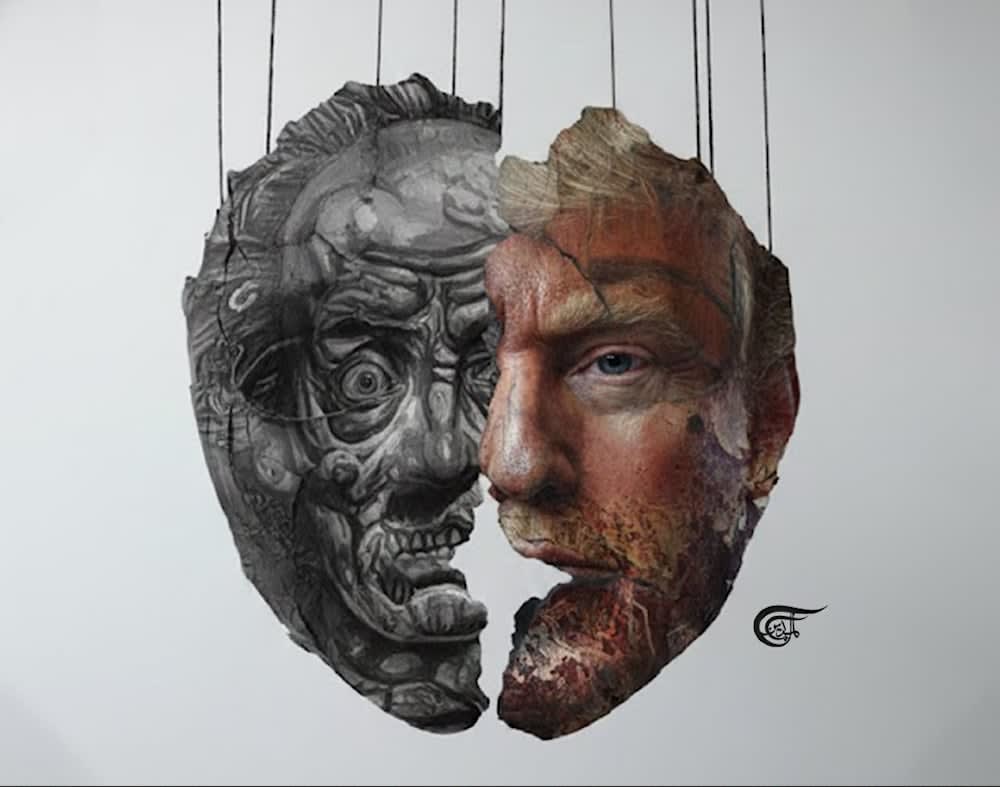Chinese Premier Li Qiang's assertion that protectionist measures, particularly tariffs, significantly contribute to global economic stagnation underscores a critical tension in international trade dynamics. As nations grapple with the repercussions of these policies, the call for multilateralism gains urgency; it reflects a broader desire for cooperative frameworks that can mitigate the adverse effects of unilateral trade actions. This perspective not only challenges the current U.S. trade strategy but also positions China as a proponent of a more interconnected global economy, emphasizing the need for collaborative solutions to shared economic challenges.
The implications of Li's remarks extend beyond mere rhetoric; they signal a strategic pivot towards multilateral engagement as a viable alternative to protectionism. By advocating for cooperative trade practices, China aims to reshape the narrative around economic policy, promoting stability and growth through collaboration rather than isolation. This approach could potentially alter the landscape of international trade, encouraging other nations to reconsider their positions on tariffs and protectionism in favor of more inclusive economic partnerships that prioritize mutual benefit and sustainable development.








